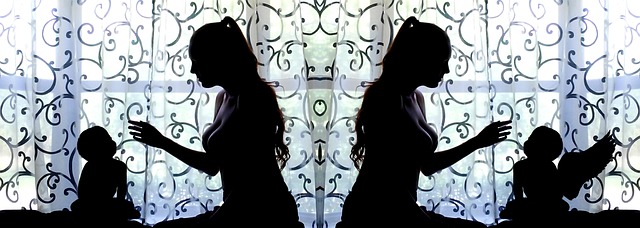Miscarriage is common yet hardly spoken about. Because of the lack of information and support, many women are surprised by the intensity of their emotions after a miscarriage. It is completely normal to experience a whirlwind of emotions, everything from guilt, sadness, shock is expected.
Unfortunately, 10 to 20% of known or diagnosed pregnancies result in a miscarriage, most of these take place before the 12th week of gestation.
A miscarriage refers to the loss of pregnancy before the 20-week mark. Between 10 – 20 % of all known miscarriages happen before the 12th week of the pregnancy.
Most miscarriages happen as a result of a genetic abnormality that results in the fetus not developing. There is no concrete evidence that mundane, everyday activities cause miscarriage.
An early pregnancy loss is a shocking and traumatic event for women, their partner, and their families. The days, weeks, and months are often filled with many emotions, most even experience emotional distress. Although these emotions and feelings do subside over time, there may be psychological concerns that remain.
In the weeks after a miscarriage, many women experience a range of emotions. Coupled with the feelings of sadness, guilt, and self-blame – women’s bodies undergo a range of hormonal changes while the body adjusts to no longer being pregnant. These hormonal changes are bound to lead to heightened emotions too.
Feelings of shock, sadness, guilt, and anxiety about future pregnancies are all very common emotions when it comes to processing a miscarriage. These feelings are perfectly normal. The emotional healing that takes place after a miscarriage often requires more time and may take longer to heal than the physical pain. Allowing yourself time and space to grieve the loss of the life you never got to hold may help you come to terms with what has happened in the long run.
Did I cause it?
Some women worry that they might have done something to cause the loss of the pregnancy. Don’t blame yourself. This unfortunate loss is something that happened to you, not something that you did.
Most miscarriages take place due to the pregnancy not being normal (about half of all cases of early pregnancy loss are due to fetal chromosomal abnormalities).
Can I get pregnant after a miscarriage?
At least 85% of women who have suffered a miscarriage go on to have normal pregnancies and births in the future. Only 1-2% of women have repeated pregnancy losses.
Many might start to think about how long they should wait before they can start trying for a baby again?
This really does depend on your situation. We suggest speaking with your doctor before you begin to try again. Many physicians recommend waiting until your menstrual cycle ends before you start trying to conceive. It is important to take the time to process the loss and take the time to heal, physically and emotionally
Can another miscarriage be prevented?
There are many things that we as women believe that we can control, but unfortunately, a miscarriage is not one of those things. The factors that lead to miscarriage are largely out of human control. Although it is important to note that there are factors that increase the risk of a miscarriage such as age and overall health.
6 tips for coping after a miscarriage:

After having a miscarriage, it is important to give yourself time to heal, both physically and emotionally. What can you do to cope with the loss and start feeling better?
- Give your body and mind time to heal – although we don’t like to always admit it – time is often the best healer. Take the time for your mind and body to heal.
- Let yourself grieve the loss – take the time to acknowledge what has happened. Many people think that if they don’t acknowledge it if they did let themselves go through the emotions that it didn’t happen.
- It is important to put yourself first – What you have just experienced is an emotional and traumatic event. It is important to try and stick to your regular schedule. Get back into a sleep schedule, eat well and maintain a healthy weight, do something active each day, relax, limit caffeine intake, avoid alcohol, and don’t smoke.
- Seek out support – It is often easier to work through trauma when you have someone who supports you. When you are ready, find someone who is able to support you. It often helps to speak to someone, confide in your partner, a friend, a spiritual leader, or a counselor. Joining a support group might be helpful too.
- Commemorate your baby – This will not only help you process what has happened but will often give you some sense of closure. You can do this in various ways, have a small ceremony with your partner to say goodbye, write a letter or create a memory box – do whatever feels right for you.
Pregnancy loss can be devastating. In an instant, your hopes and dreams for the future have changed. We hope that you can find some sort of solace in the fact that you are not alone.

